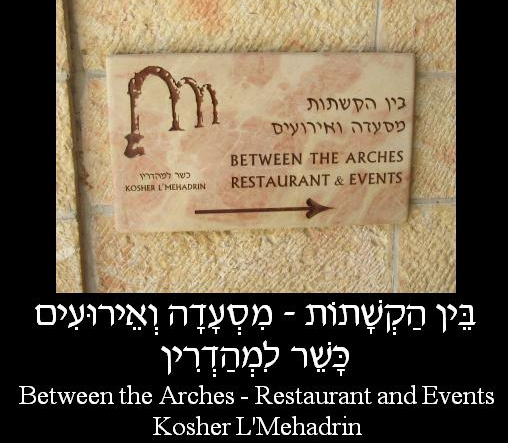Our Countries Cultural Identity
Our Approach to Ethnocentrism
Our country takes on both an ethnocentric approach and a cultural relativist approach. Our citizens believe Hebrew cultural customs are superior because of the name of our country. The Hebrew word “Shalom” translates to peace; therefore, our people primarily believe in Hebrew culture. Our government has no say in policies to promote a certain culture because our government cares about every person. Additionally, visitors are not required to adopt local customs, although most visitors do end up adopting some cultural customs. While our country is very one-sided towards a certain culture, our people do not discriminate because of others' culture. Our government helps promote multiculturalism by promoting peace and prosperity amongst all and does its best to deal with discrimination issues. To conclude, our country leans toward Hebrew culture, but our people respect and accept all other cultures in Shalomania.
Official Languages & Prominent Religions
Shalomania is a religious country in which Judaism is an ethnic culture since they focus on its culture and history. Judaism is a universalizing religion and is being practiced all over the world. Our country provides sacred spaces for citizens to get away from the stress of work and relieve themselves by practicing cultural practices. Our sacred spaces include Peakville, Buster Scruggs, and many more.
Interactions With Globalization
Our nation is very rich in culture. Due to limited agricultural space and heavy dependence on imports, Shalomanian cuisine is a unique fusion of Hebrew culinary traditions and international influences. Flatbreads, olive based dishes, and imported grains make up much of the national diet. Traditional Jewish music blends with modern music, creating a unique Shalomanian genre called Sigmastep. It's common to hear traditional instruments like the oud or shofar in Sigmastep remixes. Hiking is very popular due to the mountainous terrain, especially at the iconic Shalom Peak. The spread of popular culture through migration and trade poses a challenge to the unity of Shalomania as a nation. With more diverse groups settling in, there is a growing tension between maintaining traditional customs and embracing a more global identity.
Our State Type
Shalomania is a nation-state because we primarily only have one ethnic group, and our citizens only follow one dominant religion. Currently, our state is in unison because there is only one dominant religion and ethnic group, but as immigrants from around the world enter our country, the unity could be broken because others may believe their religion is superior. Shalomania has both centripetal and centrifugal forces at play because of their current dominant religion. One example of a centripetal force Shalomania offers is religion. Since most of the citizens follow the same religion, it creates a sense of unity among everyone. There is no arguing about whose religion is the best and why others should join that religion. There is peace and prosperity in Shalomania. In contrast, a centrifugal force Shalomania offers is our government. Shalomanias government has no say in ethnic groups or religions, and this creates issues because since most citizens practice Hebrew, the ones that do not feel pressured into joining because the government does not address issues regarding religion.
Cultural Diffusion and Shalomania's Approach to Cultural Identity
Gilbreath shows cultural diffusion affects societies with relocation and expansion/colonizers imported building designs and cuisine traditions that blended with native customs to produce hybrids. Urban cities with external technologies and media through hierarchical diffusion, which had later trickled down into rural communities. The country balances multiculturalism, assimilation, and cultural retention with policies that conserve indigenous languages, fund fusion art projects, and require immigrant language courses. Innovations are drought-resistant plants and minimalist art using indigenous media. The above shows Gilbreath's encounter of local imagination and global influences, an exemplification of patterns of the cultural evolution.
Our Language
One of the most important things about Hebrew culture is its language. The Hebrew language is one of the oldest languages still being used today. Shalomania promotes the use of the Hebrew language by having it posted on signs and stores all across the country. One example of this is on our state flag; the text above the writing in English is in the Hebrew language. Little things like this go a long way when it comes to preventing language extinction. One issue about Shalomania's cultural landscape is that our country suffers from the issue of placelessness. Over time our country has become more modernized, leaving the root of Hebrew culture to die. Our country now consists of huge factories and fast food restaurants, leading to an overall urbanized look. Shalomania used to be unique because of its beautiful scenery and green grasses, but over time our country has become very urbanized.

